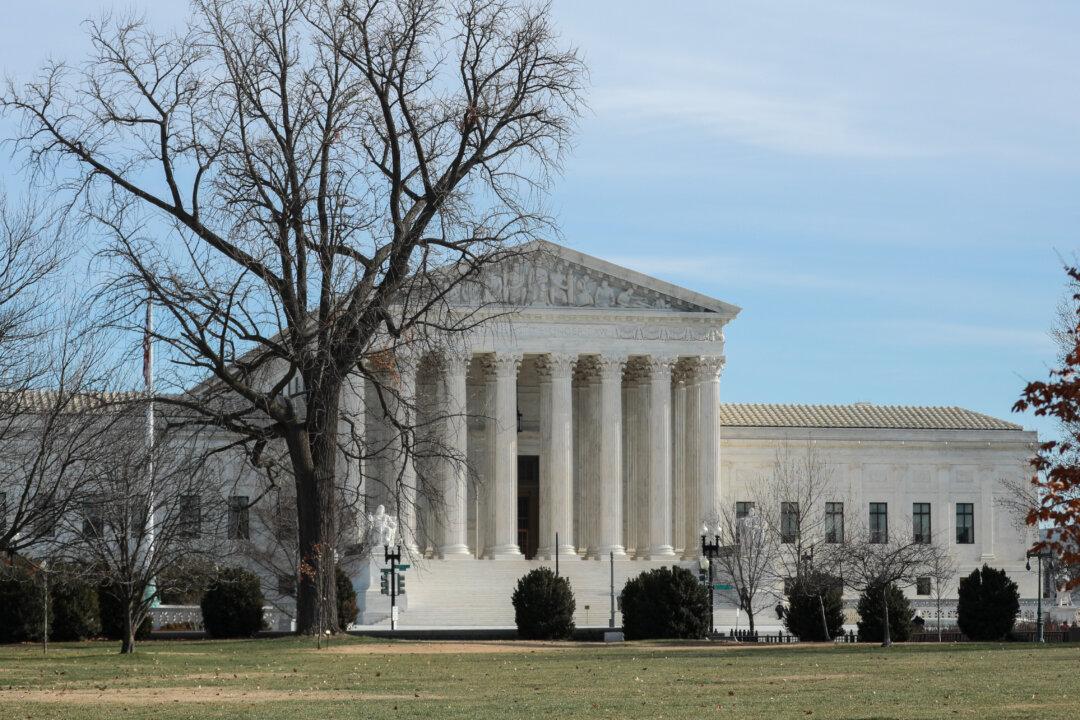The Trump administration urged the Supreme Court May 5 to leave in place a legal provision that requires foreign organizations receiving U.S. government grants to oppose prostitution and sex trafficking.
Oral arguments were heard by the high court telephonically for the second time in history in the case cited as USAID v. Alliance for Open Society International Inc. (AOSI). Chief Justice John Roberts announced at the outset of the hearing that Justice Elena Kagan recused herself and wouldn’t be participating.





